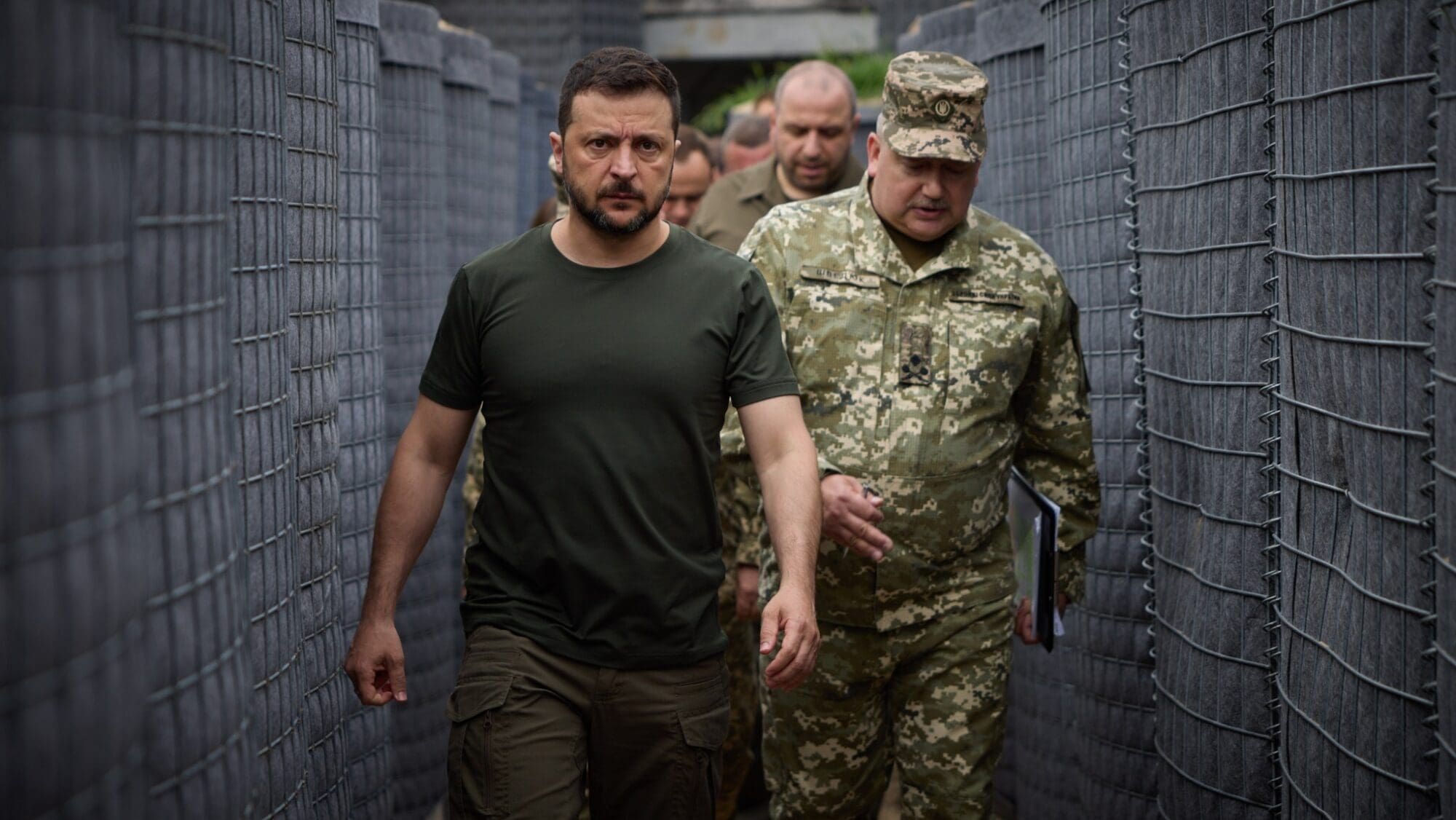
President Zelensky
Photo: Volodymyr Zelensky on Facebook, 30 July 2024
President Volodymyr Zelensky is getting increasingly optimistic about Ukraine’s prospects of ending the war soon, now saying there is a real chance that peace negotiations with Russia will successfully conclude by the end of this year—although Kyiv continues to insist on the restoration of its territorial integrity.
Previously, the president only said he wished to end the “hot stage” of the war in 2024, meaning a preliminary ceasefire agreement with further negotiations for a lasting peace treaty. Now however, in his video address to the nation on Monday, August 5th, Zelensky said his administration was working tirelessly to explore and prepare a viable peace settlement in the coming months, finalizing a treaty before 2025.
“Our goal is … to prepare a real basis for a just end to this war this very year,” Zelensky said. “And it is achievable.”
Zelensky and other officials in Kyiv have been saying for weeks that they intend to invite representatives from Moscow to the next international Peace Summit to finally begin actual negotiations between the warring parties, something that had been considered taboo in Brussels and Washington for over two years.
“I believe—as do most countries—that at the second peace summit in November, Russian representatives must be present, otherwise we won’t achieve viable results,” Zelensky said last month. “If the whole world wants them at the [negotiating] table, then we can’t be against it.”
Even though reaching an agreement will not be easy, finally beginning talks with Russia (after asking China to step in as a mediator) would be a welcome first step, as recommended by Hungarian PM Orbán’s peace plan as well.
Another point suggested by Orbán was reclaiming the Global South’s “appreciation,” which is also being followed by Kyiv as it is the explicit reason why it plans to hold the upcoming November summit somewhere in the Middle East.
Along with Ukraine’s NATO membership, the most contested issue during negotiations will undoubtedly be the question of the country’s territorial integrity, as both Moscow and Kyiv seem adamant about the long-term control of the occupied regions in Eastern Ukraine.
During Monday’s address, the president also announced that Botswana joined as the latest country to support Kyiv’s “Peace Formula” (Zelensky’s ten-point peace plan), which is signed by nearly 90 countries across the world, including the entire European Union (but not much of Africa and Asia).
Zelensky said Botswana’s addition was “important as a signal to everyone in the world that, no matter how difficult it is, we are increasing the number of our partners, and therefore partners of peace for Ukraine.”
The president also revealed that there are ongoing talks “these days” with members of his international working groups on how and when the separate points of the ten-point plan could be implemented.
The most recent Ukraine Peace Summit in Switzerland—where Russia was not invited, prompting China and others to boycott the event—was dedicated to discussing the first two points of the plan (nuclear safety and food security), with the remaining points (including the withdrawal of troops, the release of hostages, and restoring Ukraine’s territorial integrity) the subject of further conferences.
